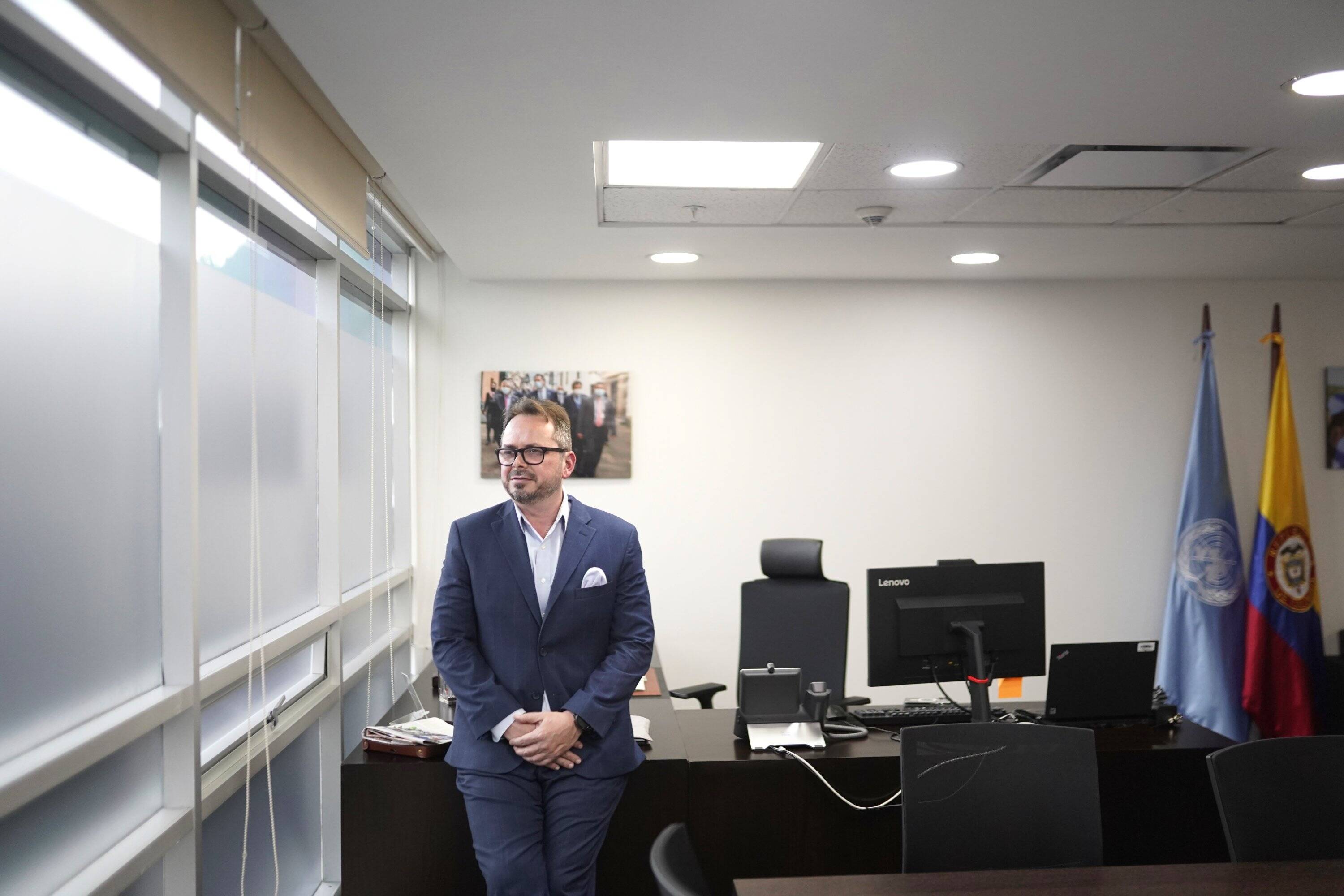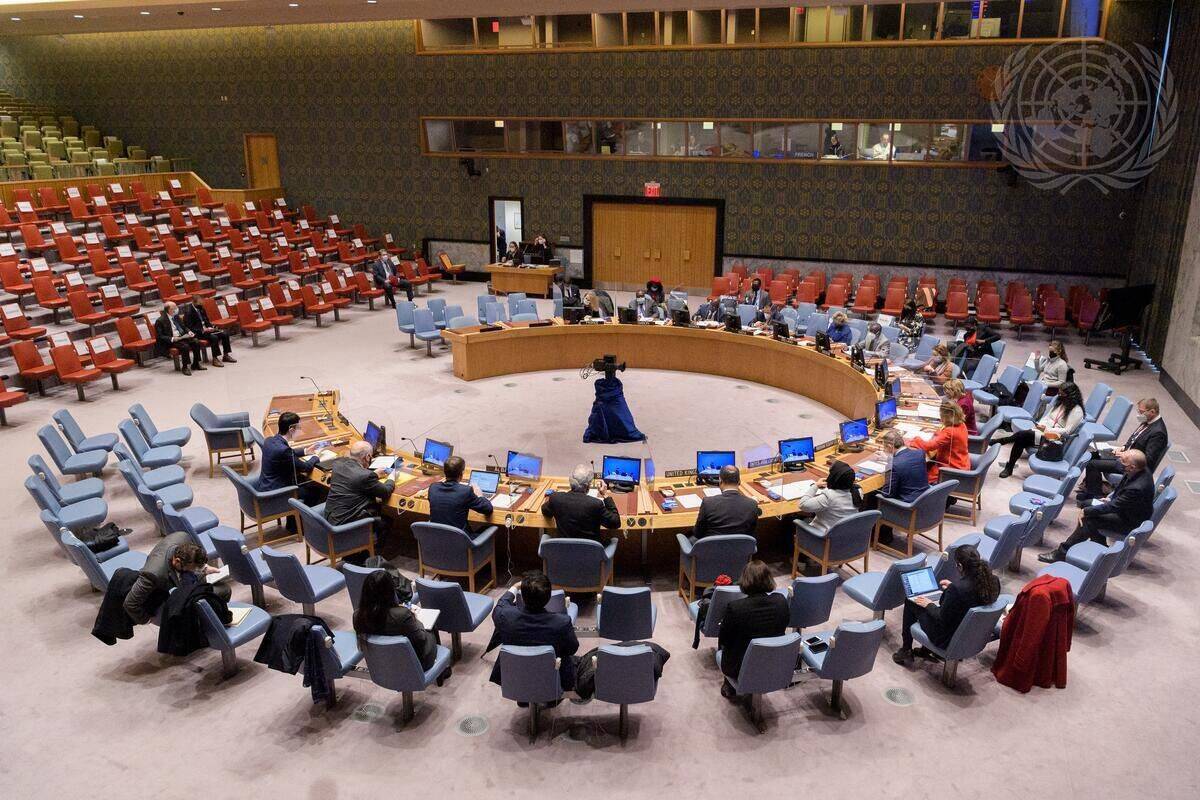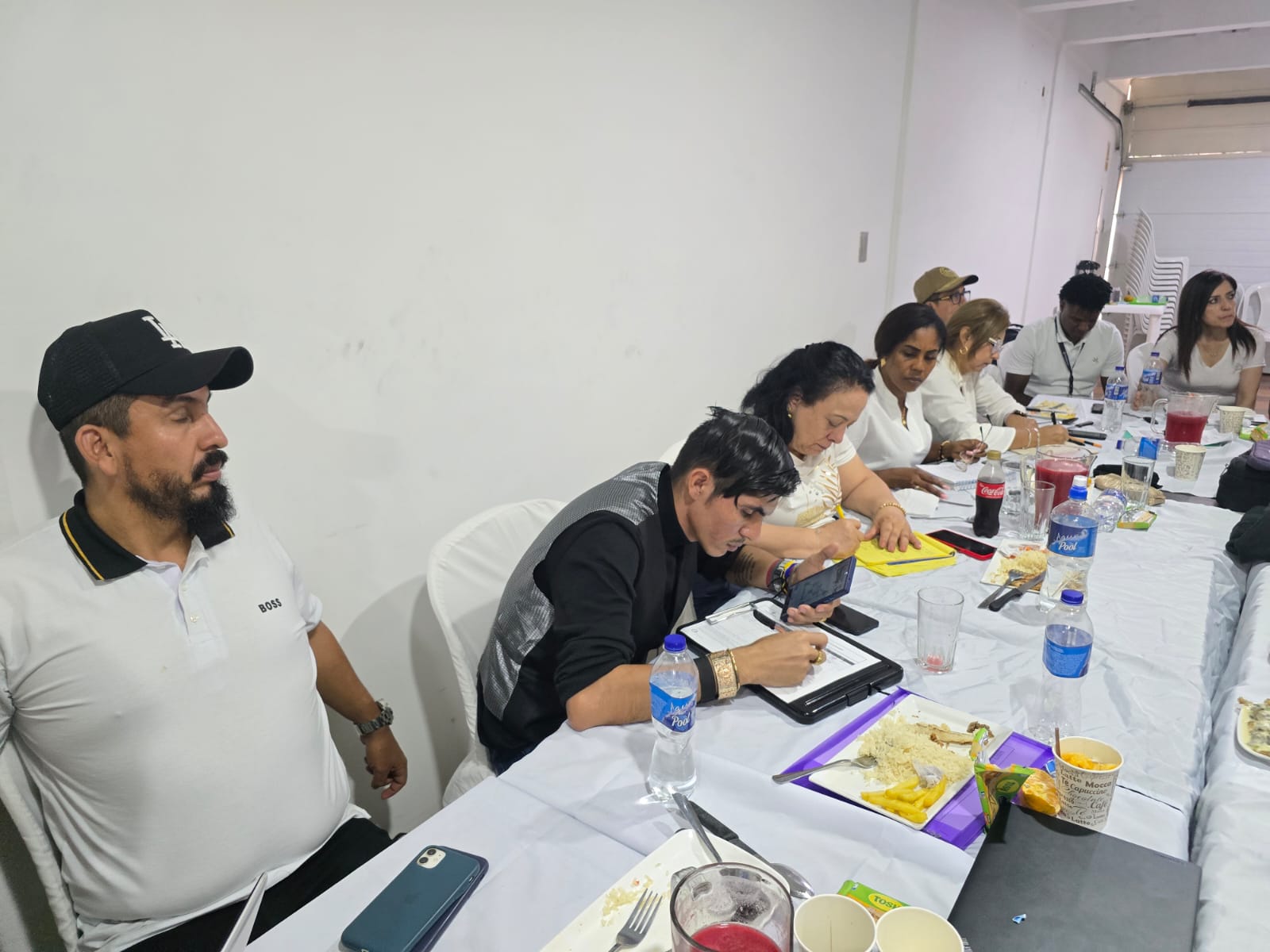The UN warns of political polarization in Colombia and condemns the attack on Miguel Uribe in its latest report.

The United Nations Verification Mission presented its latest report on the peace processes in Colombia on Monday. It reported partial progress in implementing the 2016 peace agreement, but also warned of a deterioration in security in several regions of the country and an increase in political polarization in the run-up to the elections.
The report, which covers the period from March 27 to June 26, 2025, and will be the last under Carlos Ruiz Massieu's leadership after his transfer to Haiti, highlights that, although the government has reaffirmed its commitment to complying with the agreement, particularly in terms of rural reform, concerns persist over the security situation of former combatants and the most vulnerable communities amid the intensification of clashes between illegal armed groups.
One of the significant events covered in the report for this period was the June 7 attack on Senator and presidential candidate Miguel Uribe Turbay, which was unanimously condemned by various political sectors. In this regard, António Guterres, Secretary-General of the organization, called for a thorough investigation to bring those responsible to justice. "The incident was reminiscent of past political violence and raised concerns about security guarantees in the upcoming electoral process," the report states.

Carlos Ruiz Massieu, representative of the United Nations Secretary-General. Photo: Sergio Acero. EL TIEMPO
Guterres appreciated the fact that various leaders, regardless of party, have unitedly condemned the attack and emphasized the need to eliminate violence from political life. "Progress is never linear, and major challenges remain," the Secretary-General stated, also stressing the need to strengthen the spirit of cooperation among political actors, especially in view of the upcoming electoral cycle.
The mission also mentioned that during these three months, President Gustavo Petro announced the acquisition of 577,000 hectares for the Land Fund; however, he highlighted structural limitations, such as the lack of specific legislation and financial resources.
The report also notes the increase in tensions between the Executive Branch and Congress, exacerbated by the proposal for a referendum on labor reform—rejected by the Senate—and President Petro's announcement that a national constituent assembly could be convened.
Regarding the reintegration of former combatants, the Mission reports that 95 percent of the signatories have completed their individual plans. However, they insist that security risks persist in territories where illegal armed groups are present. During the reporting period, 10 former FARC members were murdered, bringing the total number of homicides to 470 since the agreement was signed.
The document also mentions the escalation of violence in Catatumbo, Cauca, Chocó, Bolívar, and Antioquia, regions affected by clashes between the ELN, the Central General Staff (Mordisco dissidents), the General Staff of Blocs and Fronts (Calarcá dissidents), and the Gulf Clan.
“I remain deeply concerned by the persistent violence affecting the civilian population in several regions of Colombia. Indigenous and Afro-Colombian communities have been particularly affected, including children recruited by armed groups, as well as former combatants and community leaders,” Guterres added in the document.

The body meets every three months to review the progress and setbacks of the peace process in Colombia. Photo: UN
Specifically, regarding the situation in Catatumbo, they report that there were more than 65,000 displaced people between January and April, amid the ELN offensive against the 33rd Front. The mission also reviews the state of internal unrest declared following the crisis and the Constitutional Court's decision to partially validate this declaration and limit its scope.
The Mission, citing data from the Office for the Coordination of Humanitarian Affairs (OCHA), also reported that between 1 January and 19 June 2025, a total of 168,300 people were affected in at least 112 humanitarian emergencies, of whom 67,800 people were victims of mass forced displacement, while 98,700 were subject to confinement (an increase of 5%) in 60 municipalities in 15 departments.
“Assistance gaps persisted due to a lack of resources and security conditions that limit humanitarian access, primarily due to threats and violence against personnel, armed clashes, and the imposition of armed strikes and mobility restrictions that affect operations,” they added.
They also cited the Ombudsman's Office report to express their concern about the recruitment of children. According to the document, 463 cases were recorded in 2024, affecting 279 boys and 184 girls.
Regarding the peace talks, the report warns that negotiations with the ELN remain suspended, while contacts with the General Staff of the Blocs and Fronts are showing some progress. One of these is the establishment of a temporary deployment zone for the 33rd Front in Tibú—an agreement that has not materialized due to demining efforts— following a month-long suspension of the ceasefire with the government.

Alias Andrey Avendaño and Gloria Quiceno signing the settlement agreement. Photo: Office of the Peace Commissioner
The mission also recorded progress in talks with the National Coordinating Committee for the Bolivarian Army (CNEB), with agreements to replace 30,000 hectares of illicit crops in Nariño and Putumayo, and the launch of temporary settlement zones with state participation in local development projects.
One of the advances highlighted by the organization was the delivery, on April 5, of 585 explosive devices by the Comuneros del Sur group—a dissident of the ELN—to the National Army, as part of the first phase of the disarmament process agreed upon with the government in 2024. In addition, agreements were signed for the replacement of 5,000 hectares of illicit crops, the search for missing persons, and the creation of a mining district in Nariño.
In his concluding remarks, Guterres acknowledged the Colombian people's determination to consolidate a lasting peace, while warning of the persistence of structural obstacles—such as changes in key entities—and urgent challenges, particularly in the areas of security and financing.
Guterres noted that the current administration has just over a year left in office, and therefore urged them to take advantage of that time to advance implementation. In fact, one of the points on which he was most emphatic was the call to ensure adequate and sustained financing to fulfill the terms of the agreement. He warned that without sufficient resources, projects could suffer delays or setbacks that would undermine trust between the parties and the continued progress.
Guterres also insisted, as he had done three months ago, that dialogue with armed groups must remain a key tool for ending violence, provided they demonstrate a commitment to peace. In this regard, he emphasized that such processes must focus on concrete results for local communities and the definitive resolution of conflicts.
Finally, he reiterated the value of international support for the Colombian peace process and praised the role of the Verification Mission, whose presence on the ground, he affirmed, contributes to building trust, highlighting challenges, and facilitating solutions. "I wish to express my gratitude to the Special Representative and all the staff of the Verification Mission and to the members of the United Nations system for their continued efforts in support of lasting peace and stability in Colombia," he concluded.
The work of the Verification Mission During the period under review, the Verification Mission and the United Nations country team in Colombia also supported peacebuilding initiatives. The report indicates that five new projects led by civil society organizations were implemented, adding to the twelve already initiated in 2024.
They also added that seven additional projects were promoted through the Peacebuilding Fund's Immediate Response Mechanism, focused on strengthening citizen participation and local development, within the framework of dialogues with the EMBF (Economic and Social Development Fund), the Southern Communal Community (Comuneros del Sur), and the socio-legal processes in Buenaventura and Medellín.
Regarding conduct and discipline, the Mission reported that it continues to make progress in its strategy to prevent sexual exploitation and abuse, implementing external communication campaigns on the UN's zero-tolerance policy, initial training, and risk assessment visits.
The quarterly report will be presented to the 15 members of the Security Council on Friday the 18th at 9:00 a.m. (Colombia time) in New York.
CAMILO A. CASTILLOPolitical EditorX: (@camiloandres894)
eltiempo





